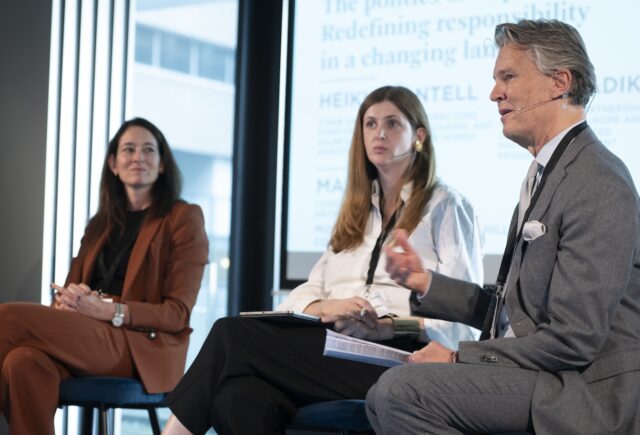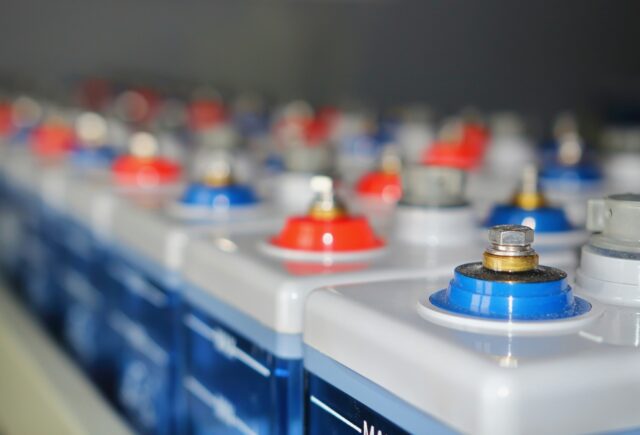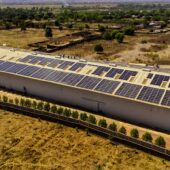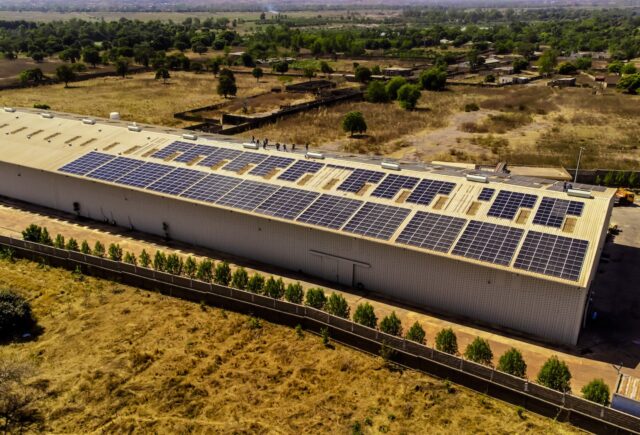The European Investment Bank and the European Commission have joined forces with immunotherapy company BioNTech to advance a mRNA vaccine manufacturing facility in Rwanda.
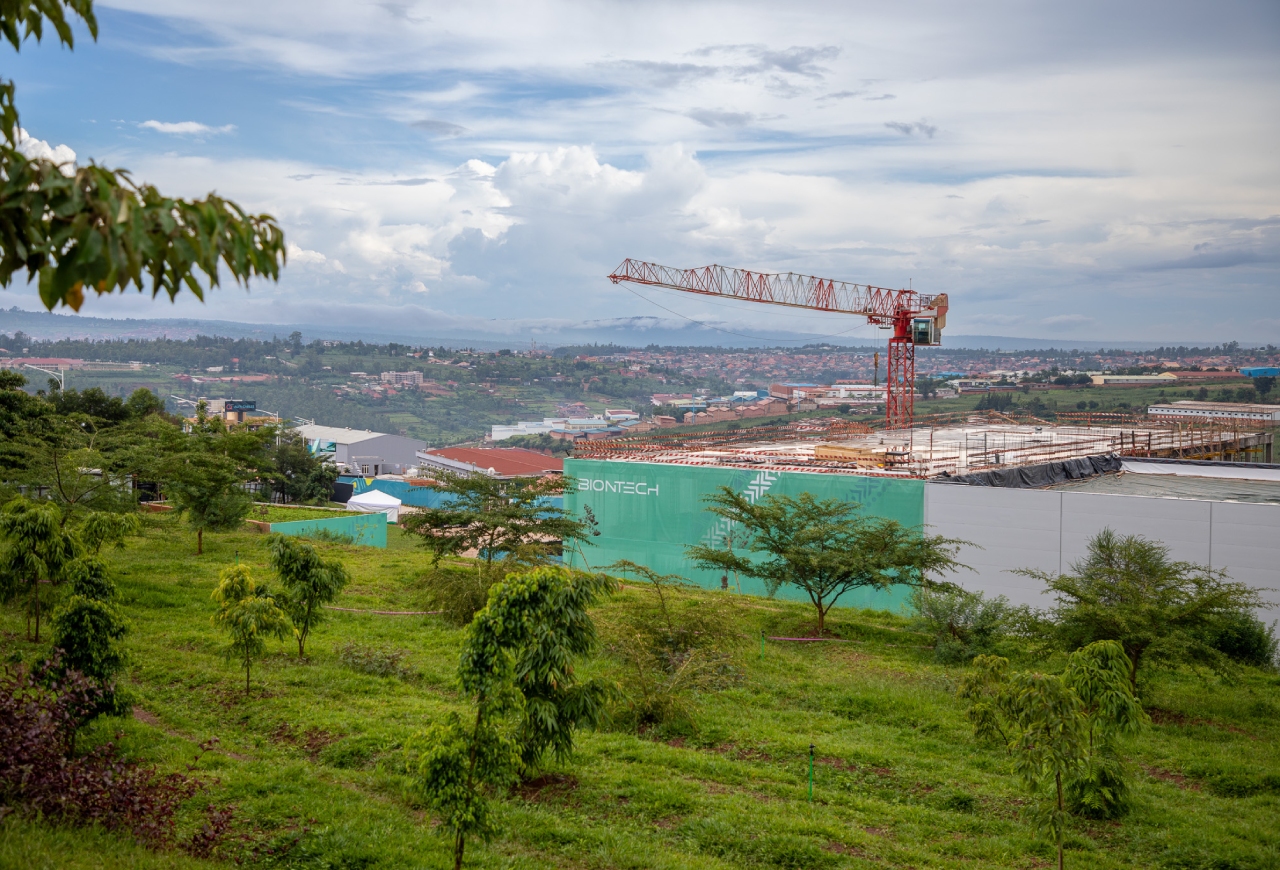
The European Investment Bank (EIB) and the European Commission (EC) have partnered with Biopharmaceutical New Technologies (BioNTech) on a €95m blended finance deal which will help to advance a messenger RNA (mRNA) vaccine manufacturing facility in Kigali, Rwanda.
The German immunotherapy company has been offered a €35m EC grant and a EIB loan of up to €60m for the production of mRNA vaccines at its facility for diseases most affecting African populations. This will include malaria, tuberculosis, HIV, and mpox. Support will be given for both the production of approved vaccines, as well as for the development of investigational ones.
Raffaele Cordiner, EIB unit head for health projects in non-EU countries, told Impact Investor that the EIB had a longstanding relationship with BioNTech, which began before the COVID-19 pandemic through a loan agreement to support the company’s oncology research, and again in 2020 to support its COVID-19 vaccine development programme.
“We have been interested in the Rwanda project since first learning of it, as we have been working towards similar goals. The recent announcement marks our support for that initiative,” he said, explaining that the grant is aimed at supporting the establishment of the overall site infrastructure for facility operations, the development of clinical manufacturing capabilities and the build-up of contract manufacturing organisation capabilities.
Flexible, scalable and affordable
The EU said that the facility, which is currently under construction, will use high-tech, modular units known as ‘BioNTainers’, that can be quickly set up and adapted to produce different types of mRNA vaccines, providing a more flexible and scalable approach and allowing vaccines to be tailored to local needs. The aim is to help build a resilient vaccine ecosystem in Africa and the project is expected to contribute significantly to the advancement of SDG 3: Good health and well-being, SDG 9: Industry, innovation and infrastructure, and SDG 10: Reduced inequalities.
The EIB and EC’s commitment has been made in the context of Team Europe, an EU-led initiative which focuses on identifying critical priorities that constrain development in a given country or region, where a coordinated and coherent effort by members of the initiative can have a transformative impact.
The Coalition for Epidemic Preparedness Innovations (CEPI), a foundation which works to accelerate the development and manufacturing of potential vaccines against public health threats, has also been involved in the project’s delivery. In 2024, CEPI committed up to $145m, (€124m) based on milestone payments, to support BioNTech to establish mRNA vaccine clinical and commercial-scale manufacturing capabilities at the company’s facility in Kigali.
Cordiner said that under the terms of its agreement with CEPI, BioNTech intends to provide affordable access to its prophylactic vaccines manufactured at the Kigali facility to low-income countries, if successfully developed and authorised.
“The blended financing further supports the advancement of the facility’s infrastructure,” he added.
Rwanda: A vaccine hub
According to the EU, if successful, BioNTech’s Kigali site could become the first commercial mRNA vaccine facility on the African continent.
Once operational, the facility is expected to produce vaccines for widespread use and support clinical development by manufacturing clinical trial materials for local partners. This aims to build skills, create jobs, and strengthen Rwanda’s role as a hub for medical innovation and aligns with the African Union’s goal for the continent to produce 60% of its vaccines by 2040.
“African organisations may work with BioNTech to leverage the company’s expertise in mRNA-based manufacturing [and] BioNTech may support these partners through the manufacture of investigational mRNA-based vaccines to be used in clinical trials,” explained Cordiner.
The announcement of the partnership with BioNTech follows last week’s EU Global Gateway Forum in Brussels, during which Commission president Ursula von der Leyen met with Rwandan president Paul Kagame to reaffirm the EU’s commitment to engage with the country, including through a €105m package of investments from Team Europe. The package is aimed at advancing the ambition of Rwanda to become a regional hub for vaccine manufacturing as well as strengthening economic inclusion for refugees.

